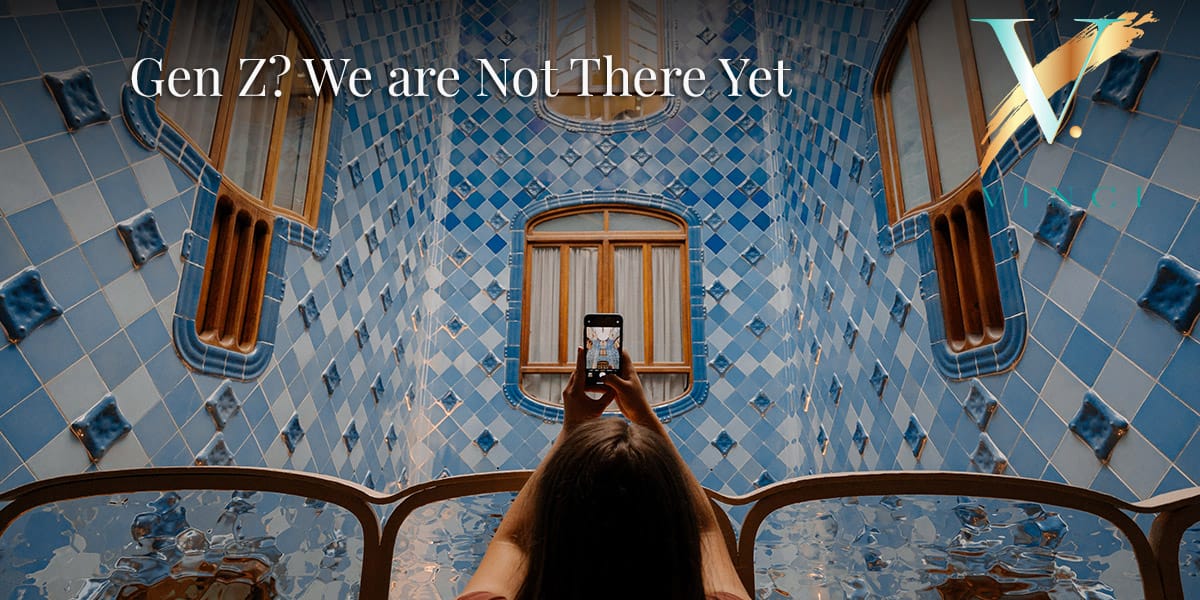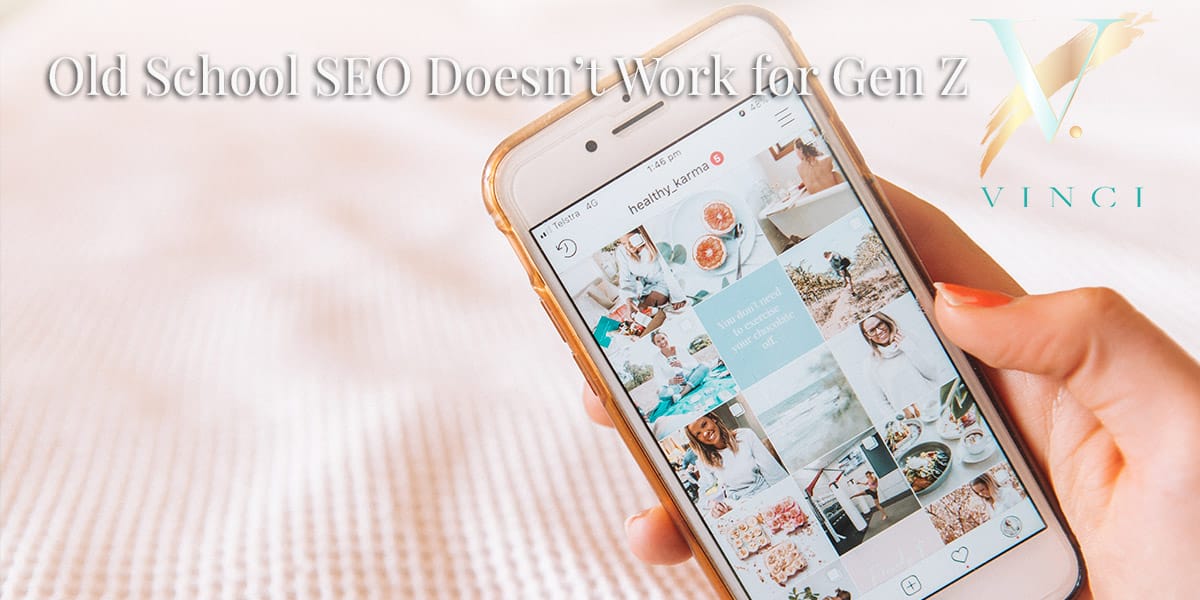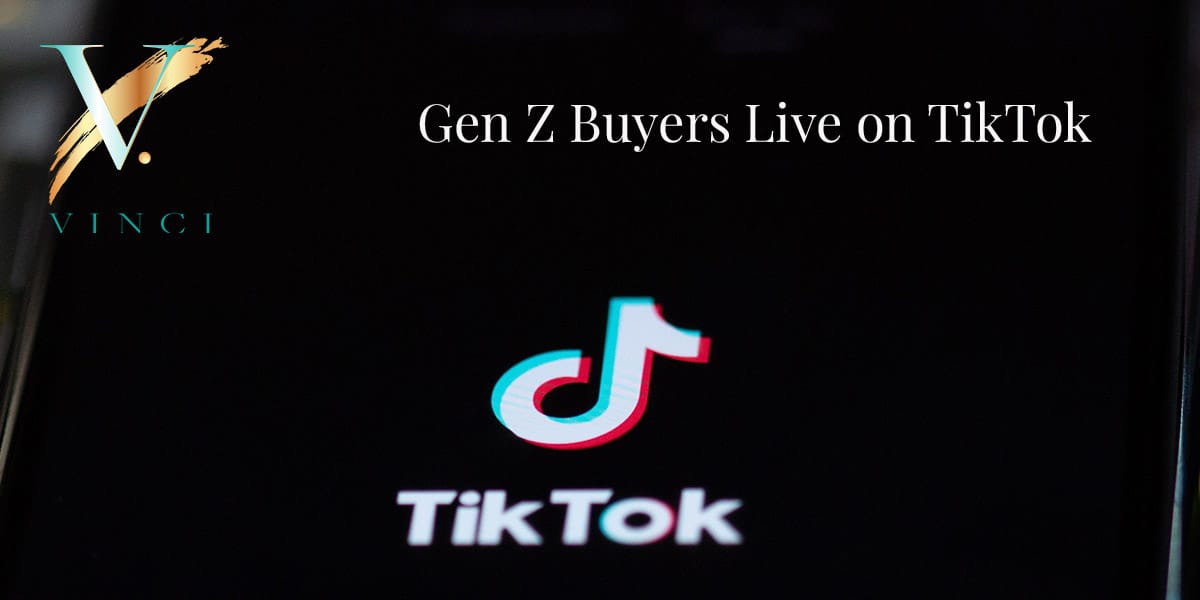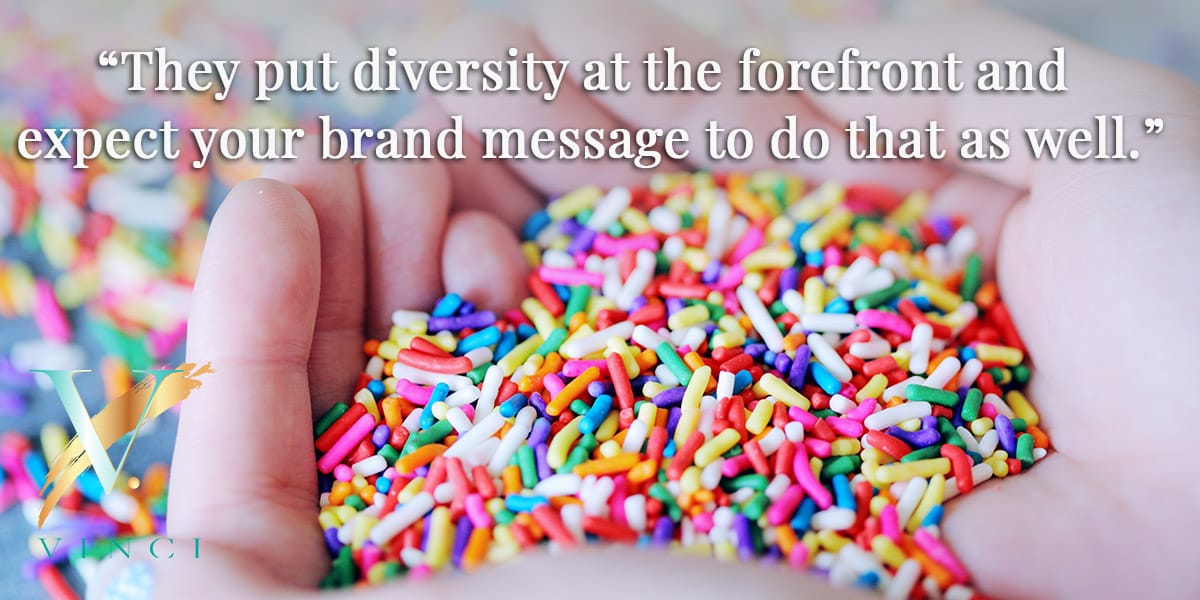For many brands, the days of focusing on millennials are over. Now is the time of Generation Z. As this demographic comes into its own, its buying power is increasing.
According to a report by Bloomberg, Gen Z is on the rise. These young students and professionals collectively have around 360 billion dollars in disposable income, which will continue to rise.
More people in this age group are working full-time or making money with side hustles, but they also have a reputation as being thrifty buyers. It is a combination that has some marketers scratching their heads. So how do you reach them? A practical place to start is by debunking the myths about Gen Z and building from there.
Gen Z? We are Not There Yet

Wrong. Gen Z currently makes up around 40 percent of consumers. As of 2019, their population is higher than that of millennials. So, not only do they matter, but they have some unique buying habits brands need to be aware of, for instance:
- They look for affordable quality – 62 percent of Gen Z buyers state they want affordable, high-quality brands.
- They want authentic brands – 32 percent say that authenticity influences their buying choices, and 25 percent look for transparency in a brand.
Marketers who ignore Gen Z in favor of other generations of buyers overlook their vast buying power. Consider five myths about Gen Z that marketers should not believe.
1. Gen Z is Looking for Fast Fashion

It’s more like fashion finds, according to the data. Gen Z likes quality clothing, but they also believe in sustainability. That combination has them looking more at resale sites like Depop. This fashion marketplace app combines two things Gen Z loves – affordable fashion and mobile technology.
Through Depop, people sell clothes and other items remotely. At first, Depop was a posh online garage sale similar to eBay back in the day. Today, it is a place entrepreneurs go to set up their own stores. A number of fashion brands partner with the site, as well. That makes this site fertile for new fashion trends.
Depop is set up like Instagram, so it has a social media feel and appeal. As a result, 90 percent of Depop users are Gen Z.
2. Old School SEO Doesn’t Work for Gen Z
 The truth is SEO is still king in marketing, even with Gen Z buyers taking over. They rely heavily on social media platforms such as TikTok and Instagram to discover products they want to buy. Research suggests that 40 percent of Gen Z buyers search for products on social media instead of Google. However, they still Google when they want information or have questions about a product or service.
The truth is SEO is still king in marketing, even with Gen Z buyers taking over. They rely heavily on social media platforms such as TikTok and Instagram to discover products they want to buy. Research suggests that 40 percent of Gen Z buyers search for products on social media instead of Google. However, they still Google when they want information or have questions about a product or service.
This means that brands shouldn’t ditch their SEO strategies but make sure they have social media ones, too, especially on TikTok and Instagram.
3. Gen Z Doesn’t Worry About Data Security

It would seem like this is the case, given Gen Z buyers use mobile devices for just about everything. The data suggest that they are more concerned about online privacy than many think.
A report produced by Insider Intelligence states that only 39 percent of Gen Z internet users said they didn’t worry if the brand kept their data safe or not. So, 61 percent do take that into account when purchasing products.
What does this mean for marketers? Reflecting on that concern is essential, so tell them that a brand takes their data security seriously. They need to build that trust with the Gen Z population and not assume it won’t matter to them.
4. Gen Z Buyers Live on TikTok
 There is some truth to that statement. An estimated 61 percent of Gen Z social media users spend time on this platform. Is that where they go for purchasing information? It depends on who you ask, but many reports point toward YouTube, not TikTok.
There is some truth to that statement. An estimated 61 percent of Gen Z social media users spend time on this platform. Is that where they go for purchasing information? It depends on who you ask, but many reports point toward YouTube, not TikTok.
The Social Media Trends 2022 report from Hootsuite states that 95 percent of Gen Z users prefer using YouTube. Still, 67 percent also list TikTok as a favorite, and 62 percent Instagram. While TikTok should be a marketing focus, don’t make it your only one. Spend marketing capital on other social media platforms, especially YouTube.
5. Like Millennials, Gen Z Buys Based Solely on Online Reviews
 Online reviews are essential, but Gen Z buyers know to take them with a grain of salt. There have been one too many cases of brands buying positive reviews. Younger consumers tend to be more skeptical of them. This is especially true for platforms like Yelp, where they know brands work hard to influence reviews.
Online reviews are essential, but Gen Z buyers know to take them with a grain of salt. There have been one too many cases of brands buying positive reviews. Younger consumers tend to be more skeptical of them. This is especially true for platforms like Yelp, where they know brands work hard to influence reviews.
A recent study found that 75 percent of Gen Z responders didn’t read Yelp reviews. That varies somewhat based on the type of business, though. For example, they do read online reviews for restaurants. But not all restaurants.
What they are more likely to take seriously is negative reviews. That means brands should be diligent about monitoring reviews and put out fires before they become a problem. Answer negative reviews online if possible and resolve the issue. That will help build trust with consumers.
So, how should brands reach out to Gen Z? Work to build their trust, including taking social issues that matter to them to heart, like climate change. They want companies to be about more than just profit.
Also, remember that a one-size-fits-all marketing approach will not work with this generation. Instead, they put diversity at the forefront and expect your brand message to do that as well.
Finally, influencers matter, — Gen Z listens to influencers on social media. They can be a liaison between your brand and the Gen Z consumer. If you are still struggling with ways to reach this unique demographic, let us help. Find out more by consulting a marketing specialist at Vinci Digital.











